Language: English | Size: 830 MB | Duration: 2h 51m
Learn the most fundamental electronics concepts to design and build electric circuits!
What you’ll learn
Understand basic concepts like voltage, current, power, heat and etc
Understand working principle of the most important electronic components
Use open source circuit simulation tools like Tinkercad and Falstad
Identify schematic symbols and simple schematic diagrams
Design basic circuits in a simulation environment
Description
I have designed this course for anyone curious about electronics. This course is the first module of multi-module course series about electronics.
In this course, we’ll learn the most important electrical engineering concepts. I will explain the fundamentals of electronics in a simple way. This course is not highly technical and math based, therefore you will easily understand the topics and feel the progress in yourself throughout the course. We’ll learn by actually practicing and analyzing simple circuits. But what’s truly special and valuable in this course is that the lessons are carefully designed to target specific electronics concepts without getting into boring or complex details.
If you do not have any experience with electronics, that’s OK! Because I designed this course for the absolute beginners. The course is mainly focused on not only giving theoretical details but also providing problems and simulations to explain the importance of the lecture topics.
Throughout the course, we are going to use free, easy-to-use and web-based circuit simulation tools like Tinkercad and Falstad. We will check some of our calculations by using these simulation tools.
There are 3 sections in total:
Section 1: Fundamental topics – In this section, you will learn the most fundamental electronic concepts which will help you to start understanding electronics. The section covers variety of topics including how electrons move through the wire.
Section 2: Resistors – Probably, a PCB (Printed Circuit Board) of every electronic device or appliance contain different kind of resistors. In this section, you will really understand where you need to use resistors in your circuits.
Section 3: Capacitors – You will learn how capacitors store electrical charge and you will simulate simple RC circuits to understand it better.
Upon completing this course, you will have the skills and knowledge needed to create simple electronic circuits. However, please note that this course is not heavily math-based because the main goal of the course is to give simple understanding of widely used electronic concepts and components.
The course is regularly updated with new materials, exercises, tips and tricks that you can use in your circuits!
Who this course is for:
Anyone curious about electronics and would like to have understanding of basic electronics
Makers and hobbyists who wants to know how really electronic components work
Robotics enthusiasts who mainly deal with programming
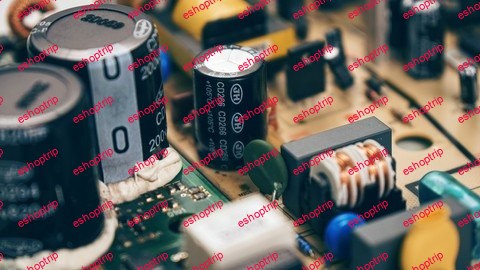



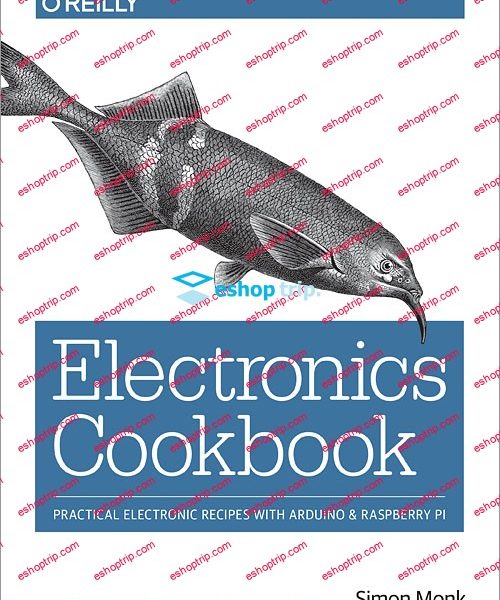
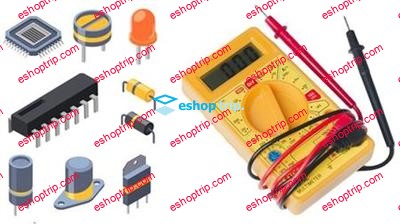
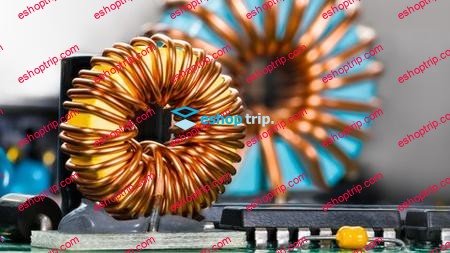
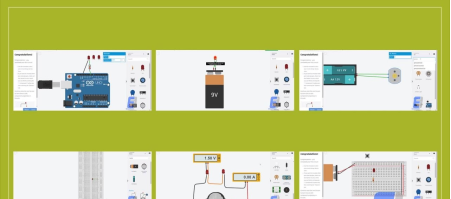
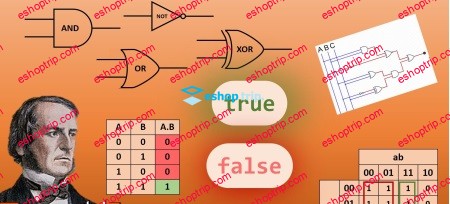
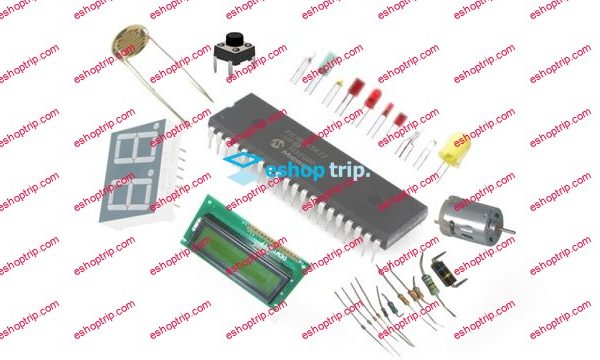
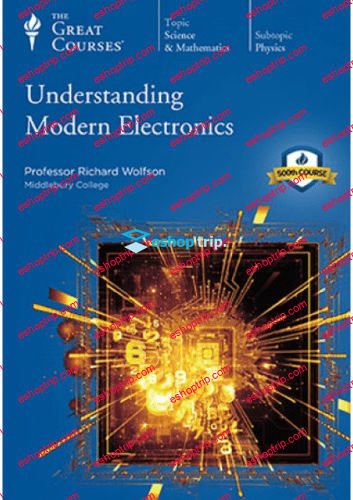
Reviews
There are no reviews yet.